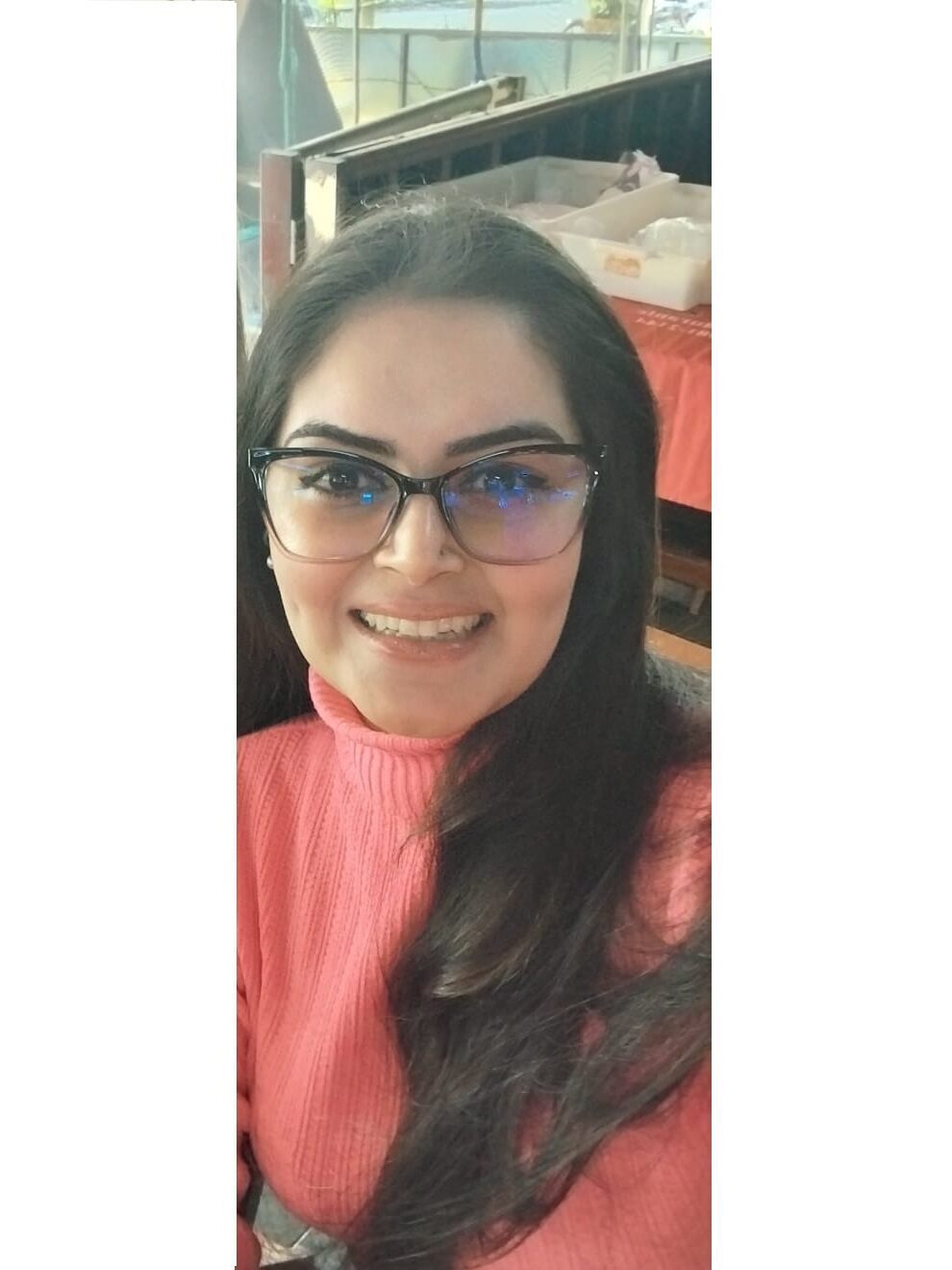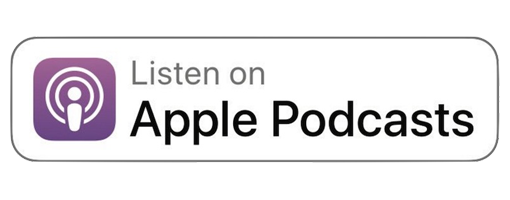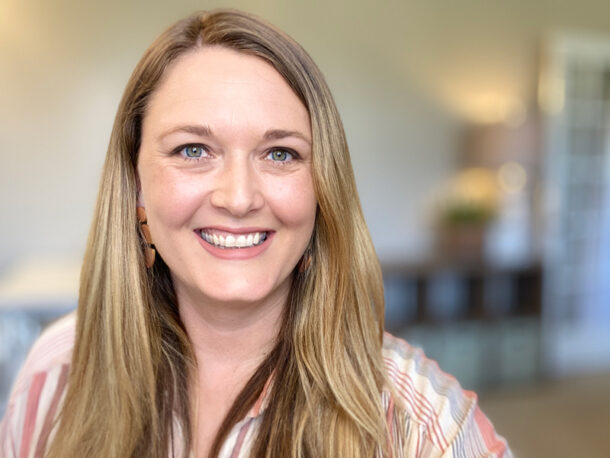Speak Clear English - Enroll Today
EPISÓDIO DE HOJE:
Profissões em Inglês
O tópico de hoje será Profissões! É muito importante ter em mente que as profissões mudam de país para país, então uma profissão que existe em seu país pode não existir em outro. Portanto, você pode se surpreender com a lista de profissões que colocaremos aqui. Se você acha que está faltando uma profissão que deseja que mencionemos, pode deixar nos comentários. Adoraríamos saber mais sobre ele e entender mais sobre a cultura do seu país.
Vamos começar com as perguntas que outras pessoas podem fazer a você quando quiserem descobrir que tipo de trabalho você faz. As perguntas comuns que você ouve neste contexto são:
What’s your job? – Qual o seu trabalho?
What’s your occupation? – Qual é sua profissão?
What do you do for a living? – O que você faz da vida?
E você pode responder:
I’m a chef. – Eu sou um chefe de cozinha ou cozinheiro.
I’m a teacher. – Eu sou professor(a).
I’m a student. – Eu sou estudante. (Sim, ser estudante é uma profissão! haha)
I’m an architect. – Eu sou um arquiteto.
I’m an actor. – Eu sou ator.
O conteúdo desse artigo também pode ser muito útil se você estiver fazendo o seu currículo em inglês ou estiver participando de alguma entrevista de emprego em inglês, afinal é importante que você saiba qual o nome da sua profissão no idioma que você está aprendendo. Agora, vamos te ajudar a adquirir mais vocabulário.
Tenho muito a dizer sobre esse assunto, continue lendo e aprenda ainda mais!
Profissões em Inglês
Accountant – contador
Actor – ator
Actress – atriz
Acupuncturist – acupunturista
Administrator – administrador
Astronomer – astrônomo
Babysitter – babá
Baker – padeiro
Barber – barbeiro
Beautician – esteticista
Biomedical – biomédico
Cashier – caixa
Chef – cozinheiro
Choreographer – coreógrafo
Cobbler – sapateiro
Composer – compositor
Cultural producer – produtor cultural
Dancer – dançarino
Dentist – dentista
Dermatologist – dermatologista
Designer – desenhista/designer
Detective – detetive/investigador
Doctor – médico
Driver – motorista
Engineer – engenheiro
Farmer – fazendeiro
Filmmaker – cineasta
Fireman – bombeiro
Florist – florista
Garbage collector – lixeiro
Gardener – jardineiro
Guide – guia
Hairdresser – cabeleireiro
International relations professional – profissional de relações internacionais
Janitor – zelador
Jeweler – joalheiro
Journalist – jornalista
Judge – juiz
Lawyer – advogado
Lifeguard – salva-vidas
Linguist – linguista
Magician – mágico
Make-up artist – maquiador
Mariner – marinheiro
Mathematician – matemático
Mechanical – mecânico
Musician – músico
Nurse – enfermeiro
Painter – pintor
Pharmacist – farmacêutico
Photographer – fotógrafo
Physical educator – educador físico
Physiotherapist – fisioterapeuta
Pilot – piloto
Player – jogador
Policeman – policial
Politician – político
Poet – poeta
Porter – porteiro
Postman – carteiro
Psychiatrist – psiquiatra
Psychologist – psicólogo
Publicist – publicitário
Receptionist – recepcionista
Referee – árbitro
Salesperson – vendedor
Seamstress – costureira
Secretary – secretária
Singer – cantor
Soldier – soldado
Stewardess – aeromoça/comissária de bordo
Student – estudante
Surgeon – cirurgião
Taxi driver – taxista
Teacher/professor – professor (“Teacher” é uma expressão usada para indicar a profissão, enquanto “Professor” é a designação para professores de universidades)
Translator – tradutor
Travel agent – agente de viagem
Waiter – garçom
Waitress – garçonete
Writer – escritor
Muito interessante não é mesmo?! Agora que você aprendeu mais dicas sobre o idioma que você está estudando, é hora de melhorar seu inglês!
Clique em um dos links a seguir para começar a falar um inglês mais claro!
1) Clear English Pronunciation Video Course
2) English Vocabulary – Audio Files & PDF – TOEFL & IELTS
3) Idioms in Conversation
4) Jumpstart Your English Audiobook + eBook
Siga-nos no Youtube e no Instagram:
@studyenglishwithandrea – Postagens diárias de inglês, dicas e vocabulário!
@citizenshiptest – Para quem quer estudar para o Teste de Cidadania Americana.
Fontes:
https://www.yazigi.com.br/noticias/ingles/100-profissoes-em-ingles
https://mundoeducacao.uol.com.br/ingles/professions.htm
https://www.wizard.com.br/idiomas/conheca-as-profissoes-em-ingles/
https://fisk.com.br/blog/50-profissoes-em-ingles
Até a próxima, Feliz Aprendizado!
Speak Clear English - Enroll Today

Jhessika Nascimento
Director of International Partnerships
Jhessika Nascimento is the Director of International Partnerships for Study With Andrea and lives in Brasilia, Brazil.
Jhessika is a bilingual teacher of English and Portuguese, studying for a Master's Degree in Strategic Management in Information Technologies at the Universidad Internacional Iberoamericana.
Graduation in Letters - Portuguese and English.
Postgraduate in Teaching in Higher Education.
Postgraduate in Risk Management and Cybersecurity.
Postgraduate Executive MBA in Process Management BPM-CBOK.
Postgraduate in Translation and Proofreading of Texts in English.
The following is a TOEFL Reading practice test to help you prepare for the Reading section of the TOEFL test.
Instructions: Read the sample passage below and then answer the questions that follow.
TOEFL Reading Practice Passage
Gorillas are ground-dwelling, predominantly herbivorous apes that inhabit the forest of central Sub-Saharan Africa. The genus Gorilla is divided into two species: the eastern gorillas and the western gorillas (both critically endangered), and either four or five subspecies. They are the largest living primates. The DNA of gorillas is highly similar to that of humans, from 95 to 99% depending on what is included, and they are the next closest living relatives to humans after the chimpanzees and bonobos.
Gorillas' natural habitats cover tropical or subtropical forest in Sub-Saharan Africa. Although their range covers a small percentage of Sub-Saharan Africa, gorillas cover a wide range of elevations. The mountain gorilla inhabits the Albertine Rift montane cloud forests of the Virunga Volcanoes, ranging in altitude from 2,200 to 4,300 metres (7,200 to 14,100 ft). Lowland gorillas live in dense forests and lowland swamps and marshes as low as sea level, with western lowland gorillas living in Central West African countries and eastern lowland gorillas living in the Democratic Republic of the Congo near its border with Rwanda.
(#1) Gorillas move around by knuckle-walking, although they sometimes walk upright for short distances, typically while carrying food or in defensive situations. (#2) A 2018 study investigating the hand posture of 77 mountain gorillas at Bwindi Impenetrable National Park (8% of the population) found that knuckle walking was done only 60% of the time, and they also supported their weight on their fists, the backs of their hands/feet, and on their palms/soles (with the digits flexed). (#3) Studies of gorilla handedness have yielded varying results, with some arguing for no preference for either hand, and others right-hand dominance for the general population. (#4)
The eastern gorilla is more darkly colored than the western gorilla, with the mountain gorilla being the darkest of all. The mountain gorilla also has the thickest hair. The western lowland gorilla can be brown or grayish with a reddish forehead. In addition, gorillas that live in lowland forest are more slender and agile than the more bulky mountain gorillas. The eastern gorilla also has a longer face and broader chest than the western gorilla. Like humans, gorillas have individual fingerprints. Their eye color is dark brown, framed by a black ring around the iris. Gorilla facial structure is described as mandibular prognathism, that is, the mandible protrudes farther out than the maxilla. Adult males also have a prominent sagittal crest.
A gorilla's lifespan is normally between 35 and 40 years, although zoo gorillas may live for 50 years or more. Colo, a female western gorilla at the Columbus Zoo and Aquarium, was the oldest known gorilla at 60 years of age when she died on 17 January 2017.
Questions
1. According to the passage, gorillas can live in
a. a variety of altitudes.
b. several different countries in Africa.
c. thick forests.
d. lowland forests only.
2. All of the following is true about gorillas EXCEPT
a. they primarily eat smaller animals.
b. they live in a forest habitat.
c. their genetics are similar to humans.
d. their diet consists of vegetation.
3. Look at the word predominantly in paragraph 1. The word predominantly in this passage refers to
a. impulsively
b. unfortunately
c. mainly
d. lastly
4. Look at the word inhabits in paragraph 2. The word inhabits in this passage refers to
a. lives in
b. protects
c. goes
d. works
5. The author implies that
a. most gorillas prefer using their left hand over their right.
b. gorillas rarely walk on their knuckles.
c. gorillas regularly walk upright for long distances.
d. studies haven't solidly proven which hand gorillas prefer using.
6. Why does the writer mention that the eastern gorilla also has a longer face and broader chest than the western gorilla?
a. To validate the importance a broad chest in western gorillas
b. To define the meaning of "broad"
c. To highlight a physical difference between types of gorillas
d. To demonstrate that most gorillas are identical in physical build
7. Which of the following statements is true for BOTH eastern and western gorillas.
a. Both eastern and western gorrilas are brown with red foreheads.
b. Both eastern and western gorrilas have unique fingerprints.
c. Both eastern and western gorrilas have thin hair.
d. Both eastern and western gorrilas have light brown eyes.
8. In Paragraph 3, look at the four numbers (#1, #2, #3, #4) that indicate where the following sentence would be added to the passage.
Such a range of hand postures was previously thought to have been used by only orangutans.
Where would the sentence best fit?
(View all the correct answers below.)
Great job! If you're ready to take your TOEFL preparation to the next level, go to StudyWithAndrea.com/TOEFL.
Answers: 1. d 2. a 3. c 4. a 5. d 6. c 7. b 8. #3
Click on one of the following links to start speaking clearer English!
1) TOEFL MASTER CLASS
2) free mini-course "punctuation mistakes to avoid"
3) Clear English Pronunciation Video Course
4) English Vocabulary - Audio Files & PDF - TOEFL & IELTS
About Andrea
Andrea Giordano is the founder of StudyWithAndrea.com and has taught more than 1,000,000 students from 180 countries. Andrea holds a Master of Education (TESOL) from Shenandoah University, and is the former Executive Director of TESOL and ESL programs at Campbellsville University. Andrea is a proven leader in online English teaching and is driven by her passion to help you speak English clearly.





